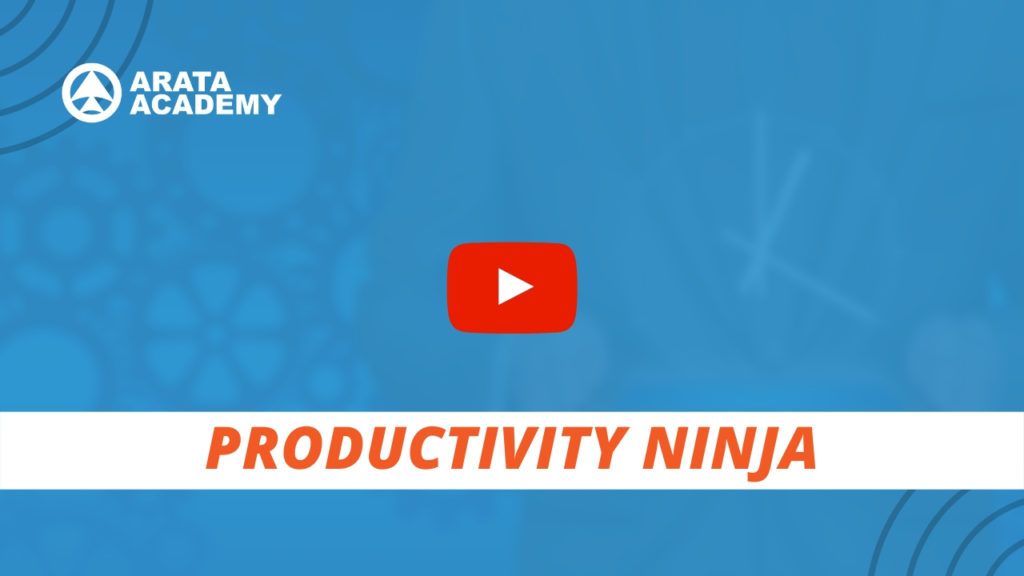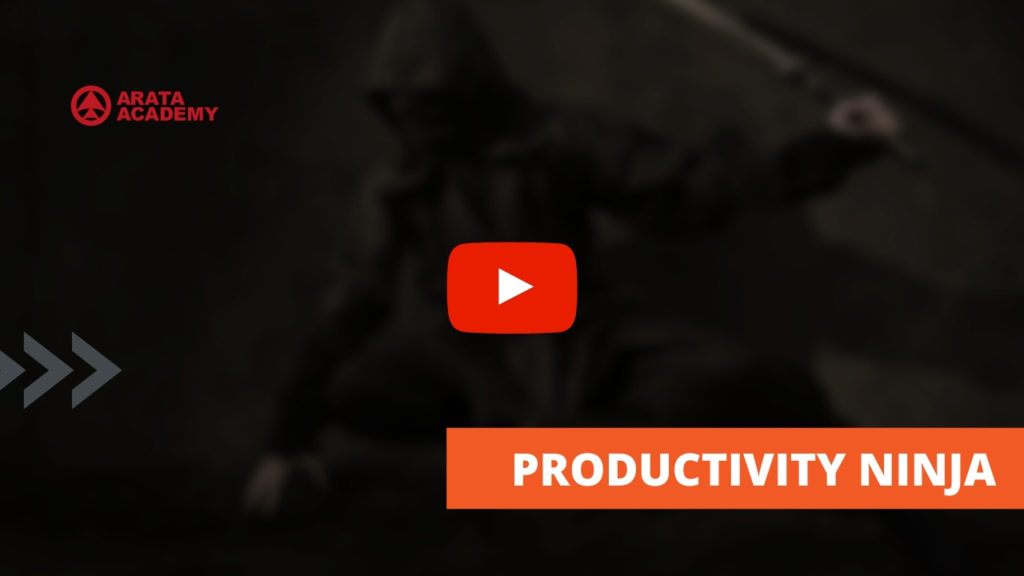PATIENCE. Patience is an essential characteristic to have in order to reach anything that’s important in life. Why do we say this? Well, because people who don’t have patience leave things half done… or they don’t even start them!
Have you ever been in a situation where someone says- “let’s do this?” and then the other person says “ah, no, I don’t have the PATIENCE to do that”. This is when patience is lacking.
And how can we grow our patience?
Ingredient number ONE: To have patience, we need to acknowledge the time it takes to make things happen.
Having the proper knowledge about the process stops me from becoming agitated. I know that to move from point A to point B I need at least half an hour, or, depending on the traffic, it can take up to an hour and a half. I know that nine months are needed for the baby to be born.
Time awareness is a type of knowledge. And clarity. Clarity about the road ahead. And clarity helps me to avoid being stressed or desperate. And, above all, clarity helps me to avoid being in a state of anger, which is the opposite of being patient.
I call it clarity because one of the big problems we have this century is wanting something in exchange for nothing. If I want a certain outcome but I’m not willing to accept the time that its process needs, I become frustrated. So, when it’s time to decide if I want something or not, I need to take into account the price, the effort, the time. And then I’ll be able to make a more conscious decision.
But that by itself is not enough:
Ingredient number TWO: I need passion.
When we say “that person is very patient”, sometimes you may think about a grey old man, sitting in a rocking chair, with a passive posture, the kind of man who moves slowly, if he happens to move at all.
In that example, I think we’re just confusing being patient with being passive. With sluggishness, laziness. With conformity, with resignation.
But those who only see from a distance struggle to tell the difference between these ways of behaving, the actions of a passive person and those of a patient one. We have to look inside, look at the emotions to see if there’s passion.
Actually, passion and patience share the same root: passion in the sense of suffering, enduring, persisting. Again, passion is what takes me to the first ingredient, which is to understand the maturation period, the time of things.
We achieve that sort of resistance by basically taking two routes: the first, which is the easiest, is when we immediately feel a great deal of pleasure in what we’re doing. And it’s like the kid who’s playing football, he loves football and that pleasure helps him to get better and better, to the point where he becomes a great professional player. Those who only motivate themselves in this way will have some kind of setback when facing some future, unavoidable obstacles. That’s why I like the second route.
The second route is to find purpose in what we do. Those who see a bigger purpose have it easier when it’s time to tolerate potential setbacks, difficulties, offenses, the failures that any journey presents us.
It’s one thing having to carry bricks all day, up and down under the sun, because I’m building a wall and that’s how I earn my paycheck. It’s another thing entirely carrying the same bricks under the same sun, but knowing that my effort is helping to build a school.
Ingredient number THREE: I need to know the influence I have
There’s a prayer that asks for serenity to be able to accept the things that cannot be changed, courage to change the things that can be changed and WISDOM to know the difference.
Serenity to accept what’s unavoidable.
Courage to change the things that can be changed.
Wisdom to know the difference between the two.
When I’m resigned, passive, I’m no longer looking to change.
I’m giving up the sort of changes that could have improved me or, even better, improve my community, my society. And when I have my head down because I’m lacking the courage, the patience, because I’m not feeling that I can actually achieve the skills needed for that challenge – that’s fear, conformism, laziness, pessimism.
On the other hand, serenity and patience are useful when we’re facing situations in which we cannot change the facts that have already taken place. In situations like these, I would end up having health problems if I put myself in a state of impatience, of denying reality, of attachment.
Where does wisdom step in? And we’re talking about the kind of wisdom that’s going to tell us that we’re in the middle of a bad situation that needs our intervention to be corrected. Don’t people say “patience has limits?” So: this is a situation that’s lasting LONGER than the ideal time. At times like these, impatience serves an important role, when It allows us to be guided by WISDOM.
We can therefore notice that what we often lack is not patience, but wisdom. If I lose my patience and I regret doing so, that’s because I’ve misunderstood a situation that where I needed to be serene and in which I ended up acting in anger, with intolerance, with selfishness.
Wisdom is also a key that allows us to seize another virtue, which is persistence. Persistence is a virtue that I demonstrate when I’m pursuing a noble cause, a goal that brings me a sense of fulfillment as an individual, a need that enriches my community. The more benefits involved, the bigger the fruits from my patience will be.
Persistence can be harmful as well. For instance… When I insist on a methodology that is not that effective. When I persist in an abusive relationship. When I persist in a career that doesn’t bring me joy or fulfillment. When I persist in wanting to please everyone but I’m becoming more frustrated every day by not being able to pursue what I really want to do. This is why we have the course How To Say No, and you can learn more in this link.
In our entrepreneurship training, I underline the concept of golden handcuffs: that’s when an employee of a company wants to resign to establish his own business, but he never actually does that because his paycheck is good, and it allows him to pay for a more comfortable home, buying a new car, generally just having the ability to have a more expensive lifestyle. And that high salary, attached to a high cost of living, represents a golden handcuff.
In all these cases, with patience and persistence wisdom is also needed to guide your to your potential.
If you have completed the Productivity Ninja course, you’re going to remember video 05, in which we trained our emotional intelligence and patience. If you already have access to Productivity Ninja, I think it’s a good idea to check video 05 again, if you don’t, I’ll leave you the access link here.
All the best!

